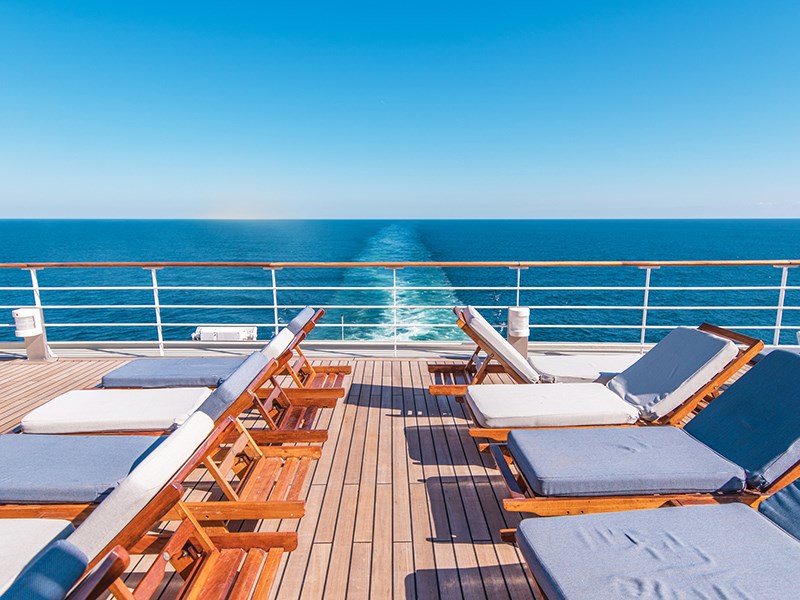Needless fear will make bad life decisions for you unless it’s mindfully confronted. Fear doesn’t wreck the party alone, either.
Avoidance, fear’s shady sidekick, usually tags along and life can spiral to an undesirable, unhealthy place very quietly and quickly.
Both fear and avoidance are acutely annoying, as chronically uninvited guests tend to be, however, they show up anyway and life can get disrupted and, potentially, things get broken.
When my best friend announced she is taking me on a Caribbean cruise for two weeks during the grey and relentlessly wet winter, an expected reaction would be joy or any form of happiness.
I have spent a life in, mostly, avoidance and fear around the social part of things, so the prospect of a sunny cruise was met with the same reaction as always: trying to quickly and kindly think of a series of excuses as to why it would be impossible for me to make that trip.
Looking at my phone with a concerned brow and regretfully refusing the offer because of a fictional previous engagement doesn’t work in a best friend relationship. I found that out.
Also, she was aware that I had no other previous engagements, owing to my pretty severe social anxiety.
In this case, as always, fear attached itself to the situation like a rusted clunky chain, but avoidance couldn’t show up.
I always knew, in my gut, that I had to face my fear and anxiety but it’s not always that simple. As many people with mental disorders such as severe social anxiety or chronic depression do, I chose substance abuse like a self-administered anaesthesia trying, unsuccessfully, to soften the sharp, loud edges of life.
Avoidance and fear serve addiction, unsympathetically and without discretion.
Exposure therapy, to any fear, is an accepted methodology to deal with phobias destructive enough to be disorders. Exposing the sufferer to the source of the fear in a safe environment is proven to lessen the fear and, hopefully, make life manageable and better.
Post-traumatic stress disorder (PTSD) in military soldiers is treated by exposing the person to virtual reality computer simulations of the trauma-inducing events. Over sessions this type of high tech, computer generated exposure has proven to work.
A form of exposure therapy is used for obsessive compulsive disorders (OCD) as well as anxiety disorders. The usual avoidance or unhealthy rituals with OCD are discouraged while the feared object or event is stimulated.
As my doctor suggested at an appointment preparing for my travel, mine was going to be a particularly intense form of exposure therapy. As an alcoholic with chronic, lifelong social anxiety in mid-recovery, going on a cruise ship full, to the upper decks, of people and booze will be quite a lot of exposure.
Fear and avoidance can be demons on our shoulders giving really bad directions. With that in mind, when we are methodically exposed to those fears and mindfully assess everything, those demons can disappear and we can start to enjoy the cruise that life can be.
Robert Skender is a Powell River freelance writer and health commentator.



